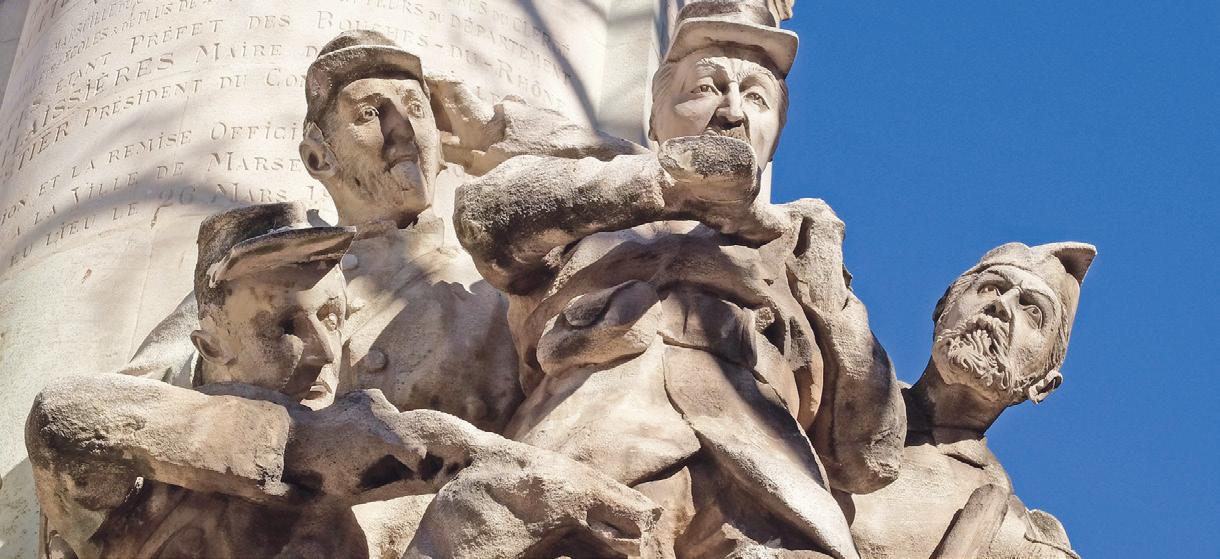
2 minute read
Latin B
Group 2
Course outline
The IB Diploma programme provides an opportunity to explore the language, literature and culture of ancient Rome. Through the study of classical texts and interaction with the culture of Greece and Rome the course:
• encourages an awareness and appreciation of the different perspectives of people from ancient cultures
• develops students’ appreciation of the literary
• provides opportunities for enjoyment, creativity and intellectual stimulation through individual research.
There are three parts to the course:
Paper 1: The study of one author (Cicero or Ovid’s Metamorphoses) to develop language skills and ensure an ability to translate an unseen passage from his work (a Latin dictionary may be used in the examination) (35%)
Paper 2: Detailed study of a selection of literature from a variety of Roman authors (with supplementary reading in translation) involving critical analysis of each author’s style, choice of vocabulary and figures of speech. (45%)
Part 3: Individual Research Dossier – students may select for their research project any topic of particular interest ranging from the language, literature, history, religion, mythology, archaeology, art and architecture. The Research Dossier is an annotated collection of primary source materials which may include quotations from classical authors and/or visual material such as pictures, diagrams, and photographs. (20%)
The Standard Level and Higher Level syllabus requirements share elements, including authors. The difference between SL and HL is reflected both in the breadth and depth of study and in the assessment of the objectives.
The study of Latin is a key to opening up the classical cultures of Greece and Rome, ancient civilisations that have played a vital part in shaping many modern societies. The language itself has had a major influence on the development of most modern European languages, while the rich and varied literatures of Greece and Rome have left their mark on almost every genre of modern writing.
The study of Classical Languages gives important insights into the cultures that produced them and offers a bridge between the contemporary world and the civilisations of antiquity. Much contemporary thinking is still informed by the political, religious and legal principles of the Greek and Roman world and the course includes a study of their historical development and wider cultural achievements. Opportunities are also offered in the research section of the course for a study of their technological and artistic achievements, which remain an inspiration for artists, architects and civil engineers across the world. Latin is therefore an ideal choice of subject to combine with other courses such as English, History or Philosophy, Theatre or Visual Arts, Mathematics, Medicine and the Sciences, as the classical world has had such a great influence upon each of these areas.
The Classics Department provides many opportunities to attend external lectures, visit museums, exhibitions and local archaeological sites. Residential trips are also offered further afield to Italy and Greece. Students are also encouraged to assist in the many classical activities and clubs running in both Senior and Prep School.










